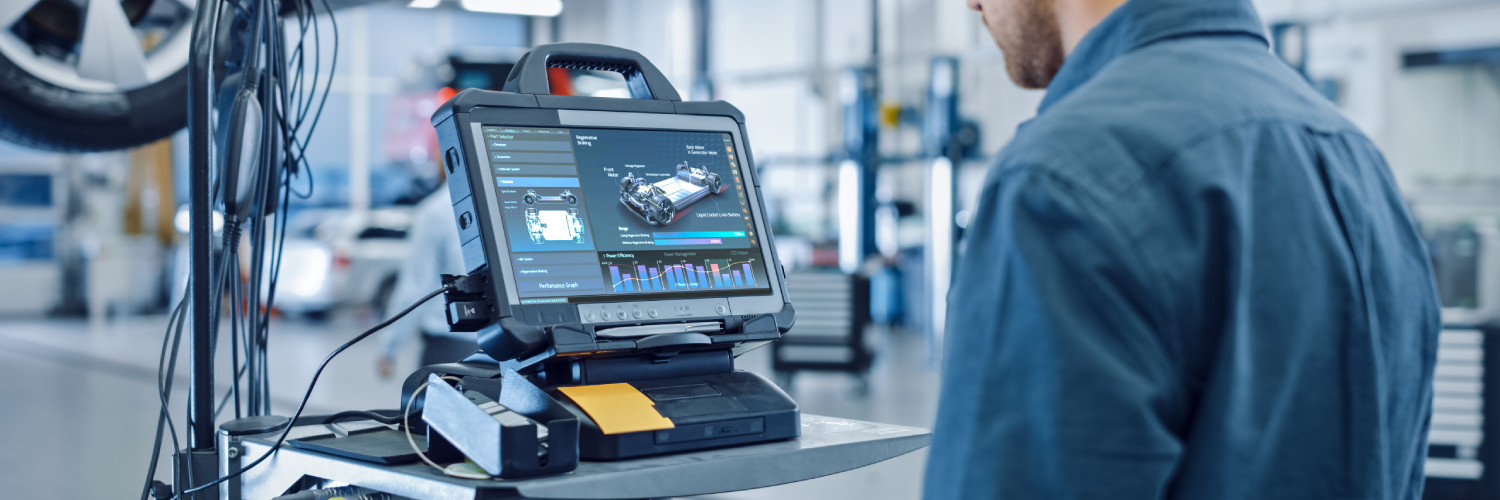
The majority of today’s automobiles are more computerized than ever before, which is a good thing. Indeed, computerization enables cars to be thoroughly checked with self-running diagnostic tests to ensure that your vehicle is in top working order. In addition, these assessments can look for errors or malfunctions in a car’s components and integrated systems before they become a bigger problem.
Over the decades, one of the most useful technological advances in the automotive industry has been the computerization of the car’s components. Thanks to built-in processors, microchips, and sensors, car diagnostic tools can quickly and accurately point to problem areas in a car’s engine or elsewhere using specialized software.
In other words, a vehicle diagnostic test is a digital examination of your vehicle’s computer systems and components. Modern vehicles are far more digitized than most people realize. For example, when your engine is turned on, specialized software monitors various features and generates data reports, which can then be collected and analyzed during a diagnostic test.
Diagnostic tests inspect your vehicle’s components and systems for problems with parts such as the engine, transmission, oil tank, throttle, and many others.
A vehicle diagnostic test is effective when it comes to car safety. A diagnostic test will save you time and money and give you peace of mind that your ‘check engine’ light will not illuminate anytime soon.
Using the most up-to-date diagnostic tools, your technician will spend less time wondering what’s wrong with your vehicle and more time fixing it. You will be back on the road in no time and confident that your vehicle is safe for you and your passengers.
Diagnostic tests nowadays examine a variety of aspects of your vehicle. They specifically look for:
However, these results can assist drivers in assessing their vehicle’s condition. Keep in mind that car diagnostic tests could be better.
The time it takes to perform a full car diagnostic can vary depending on several factors, including the complexity of the issue, the make and model of the car, and the type of diagnostic equipment being used. In general, a basic diagnostic scan using an OBD-II scanner can take just a few minutes. This scan will provide information about any trouble codes or malfunctions in the vehicle’s systems.
However, a more in-depth diagnostic process that involves inspecting individual components and systems, such as the engine, transmission, suspension, and brakes, can take several hours or even a full day. This type of diagnostic process may require the use of specialized diagnostic equipment and skilled technicians who can interpret the results and identify the root cause of the problem.
Many shops offer complete diagnostic services for trucks or cars. However, not all of them will be equipped with the latest software and machinery.
Wolverine Automotive’s highly experienced technicians can perform in-depth diagnostics on any vehicle using the latest and trending diagnostic tools or software.
Book a diagnostic service with Wolverine Automotive in Dawson Creek, BC today, or contact our team to discuss what service your vehicle might need.
